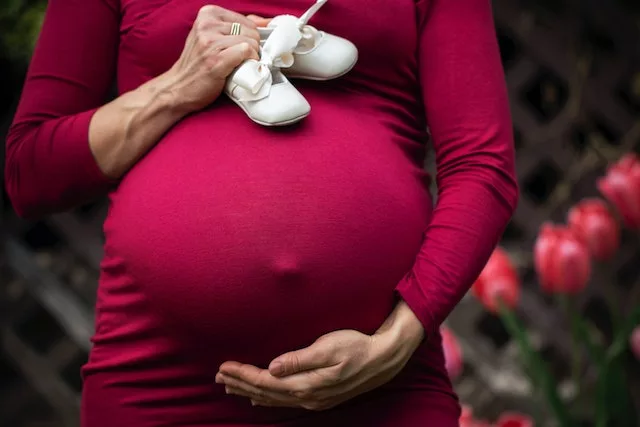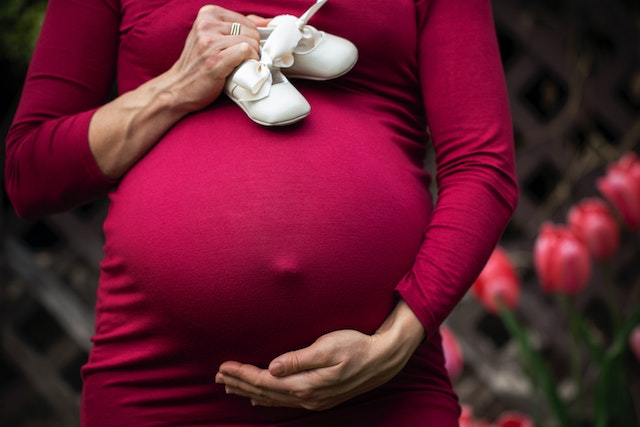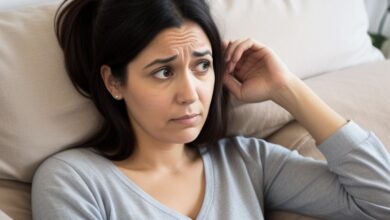Uncovering the Best Age to Get Pregnant with Endometriosis

Uncovering the Best Age to Get Pregnant with Endometriosis
Introduction
Pregnancy with endometriosis can be difficult and Women are often feeling lost on when is the best time to get pregnant. Endometriosis can cause complications ranging from weakened ability to conceive, powerful cramps and discomfort, longer bleeding and fertility issues. In some cases, women with endometriosis have to deal with anxiety and depression even before they think about conception. So, making sure you and your partner are ready to boost the chances of pregnancy success is vital.
There is no one-size-fits-all for every woman, but knowing about the prime time for endometriosis pregnancy can help you make informed decisions if you decide to try for a baby.
Most Women with Endometriosis Have Trouble Conception
Most women with endometriosis have infertility problems and often turn to assisted reproductive technologies when they try to conceive. Endometrial tissue can grow in the lesions and create blockages in the fertility organs, including the fallopian tubes, ovaries and uterus. Hence, women with endometriosis suffer from decreased fertility or total infertility depending on the extend and the size of the lesions.
What Is the Prime Time for Getting Pregnant with Endometriosis ?
Age is important and it is wise to consider the age factor when trying for a baby. As endometriosis intensifies with age, most experts suggest that the best age for women with endometriosis to conceive is between 25 and 30 years old. This is because this is generally the time when the endometrium activity peaks and the fertility hormones are at their highest levels.
At this age, the chances of getting pregnant are higher and the success rates of fertility treatments such as in-vitro fertilisation (IVF) are also at their peak. In addition, the quality of the eggs are usually higher and remain healthier than those of older women.
The Importance Of Timing
Timing is also very important. Women with endometriosis have to carefully time when they start trying for a baby. For women with mild endometriosis, having regular intercourse during the peak fertility days can significantly improve the chances of getting pregnant.
A lot of women opt for medications during the off days to help regulate their menstrual cycles and reduce the chances of having their fertility window overlap with the endometrial pain. Others take the route of conception through assisted reproductive technologies such as IVF and intrauterine insemination (IUI) to improve the success rates.
Diet & Lifestyle to Consider
In addition to timing and age, an appropriate diet & lifestyle are also important when attempting to conceive with endometriosis. Endometriosis can be further inhibited by consuming foods that are high in phytoestrogens and folates. Phytoestrogens are found in legumes, soya, some fruits & vegetables, grains, tea and nuts. They have anti-inflammatory effects, which help to reduce the endometrial inflammation.
In addition, women should incorporate exercise into their daily routine. Exercise helps to regulate hormones and reduce the risk of distorted ovulatory cycles, which can result in difficulties to conceive.
Deciding to get pregnant with endometriosis is a major decision that needs to be thought through very carefully. Women with endometriosis should know that getting pregnant is possible and the prime time to conceive is between the age of 25 and 30.
It is important to time intercourse properly and consume a diet that is high in phytoestrogens and folates. Endometriosis fertility is also enhanced by staying physically active and practise stress-relieving activities to reduce anxiety and depression.

